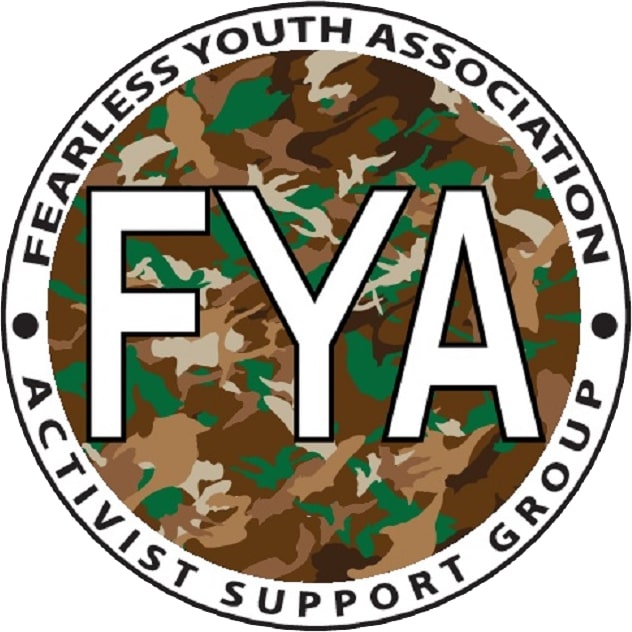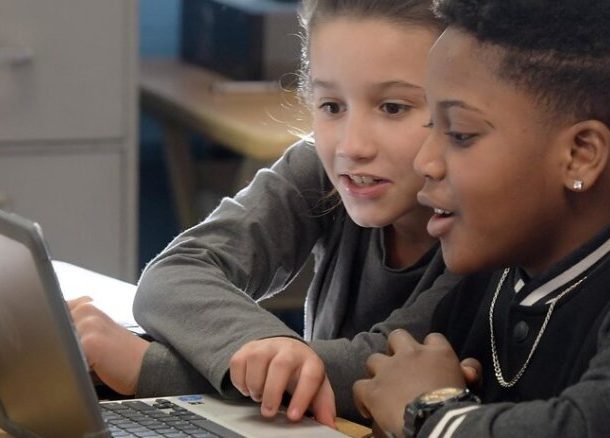By Nicolas Terashvili-Rocha
Why media literacy matters more than ever
In an age where the internet is permeating every aspect of our daily lives, media literacy has become a crucial skill for navigating the digital world. The internet was created in 1983, and since then, its utility has exploded, becoming an ever-increasing part of our lives: it helps us find information without having to visit a library, provides instant access to films and media, and, for the first time in history, we can talk to someone across the globe instantaneously, allowing us to converse with friends and family across entire oceans.
Moreover, many of us often use the internet to navigate our lives, but how many of us know how to navigate the internet professionally? In a world of misinformation , AI generation, and governments getting involved in our social media, the online world is more dangerous than ever before. We are taught literacy from a young age in school – but how many of us are taught how to navigate the online world?
This article will delve into what media literacy is, what dangers there are online to look out for, how to look out for your friends and family and how we can put an end to misinformation online and use the internet positively. This article also includes useful insights from an interview with Ellen Watts from the University of Nottingham who specialises in Political Communication.
What is media literacy and what are the dangers online?
The term ‘media literacy’ looks intimidating, but it describes something essential to understand. Media literacy is the ability to analyse stories online and to determine if they are true or false. But why is this important? There are nefarious actors online, who will try to create fake pictures, articles or videos in order to deceive you to benefit them and to control you. These dangers come in a very wide breadth, ranging from phishing scams and catfishing to the circulation of AI generated images in countries’ elections.
Misinformation can affect anyone, and it can be very hard to sport in the moment. It can leave you without the proper facts of the matter, making it difficult to make the right decisions. For example, in 2022, one of the most famous football players to have ever lived, Pelé, was falsely claimed to be dead on social media, one month before he actually died. Additionally, Elon Musk, the owner of X, recently posted a deepfake video imitating Kamala Harris in a campaign advert saying false statements, which went viral.
I asked Ellen Watts, who is an assistant professor at the University of Nottingham, whose expertise is in Political Communication, Cultural Politics and Qualitative Research Methods, whether she thought that the good outweighs the bad for communication online. She responded,
“For some groups of people, social media can be good. You can find communities outside your immediate surroundings, for example if you have different views to your family – and also, social media is convenient. However, social media introduces more risks, for example bullying and misinformation – although it is true that these problems also existed before social media. Overall, it is hard to say. The platforms themselves have a lot of potential for good, but someone like Elon Musk shows that there are problems.”
How can media literacy combat misinformation
Media literacy is one of the best ways to protect yourself online. Once you learn how to discern the real from the fake online, the possibility of falling for misinformation greatly decreases. A person who is media literate can evaluate where the information is coming from, the legitimacy of it, and is well-equipped on how to proceed forward with this information and make the right decisions.
Since the success rate and effect of misinformation would be greatly diminished, the incentives for these organisations seeking to exploit people online would also decrease, and ultimately in a world where everyone is media literate, we can completely cut out the incentives, preventing people from falling victim to these dangers and we can stem the flow of misinformation right from its source.
FYA Community Event
Fearless Youth Association has recently hosted a successful event called ‘From Clicks to Confidence: Get Online’ where we conducted interactive workshops, tutorials and gave support to teach people how to get online. We also gave out free laptops and phones to those without access to technology at home.
We conducted a survey for the participants assessing the effect of technology and the internet on their lives. The results of the survey showed some of the positive effects the internet can have in people’s lives. One participant wrote, “[The internet] can help you more easily find a job and help you in so many opportunities.” Another person surveyed said the internet is useful to “apply for jobs” and allows people to “access more services, for example GP appointments”.
On the other hand, 70% of participants in the survey reported feeling lonely because of the internet, stating that people are focused less on each other, and that reliance on the internet make it more difficult to talk to loved ones. Despite the negatives, the survey highlights the potential benefits of the internet and its positive impact on people’s lives. This is why it is important to learn how to engage with the internet in a healthy way, in order to achieve its benefits without the drawbacks.
Out top tips to avoid misinformation
Follow our Instagram @fya_notts for some tips on how to deal with misinformation online and to be aware of future events that we host to help the community online.
- Use credible sources: Ensure that you use credible news sources that invest more into research and fact checking their stories, and do not trust sites that look unprofessional or rushed, sites that are imitating others or that are not citing their sources.
- Verify the information before you share: Try to understand the full story and ensure that you are not spreading partial or misinformation.
- Check the dates: Some claims come out before clarifying information is released or before we know the full story, make sure to also use the most current and up to date information to have the best image in your head about what is happening.
- Think about the intention behind the article: Unfortunately, actors at home and abroad can create fake websites to attempt to stir violence or create hate and division within people, such as the fake articles that helped stir the UK riots in 2024.
Should we require media literacy training in schools?
As part of wider societal solutions to the problem of misinformation, some people ask, should we create media literacy programmes in schools? Some government entities such as California require media literacy instruction at every grade level for students.
I asked Ellen for her opinion on the matter. Ellen stated that although there is some merit in the idea that social media is a bigger part of life for children nowadays and schools should acknowledge this fact. However, she points out that some people’s solution to everything is that
“children should do more of it as school“. She continued, “I would be interested to see what that media literacy training in California looks like; however, it sounds like it could be a good idea. But, it couldn’t work without putting more pressure and regulation on social media companies because A) they are the ones that hold quite a lot of power, and B) schools and training could never keep up with innovations in social media. No matter how much they try, they are always going to be slightly behind. So, without pushing social media companies to do more, it wouldn’t be enough. Also, it places a very heavy responsibility on individuals to navigate all of this themselves.”
Useful websites for more information
https://libguides.uwf.edu/c.php?g=609513&p=4274530
https://www.futurelearn.com/info/blog/what-is-media-literacy

